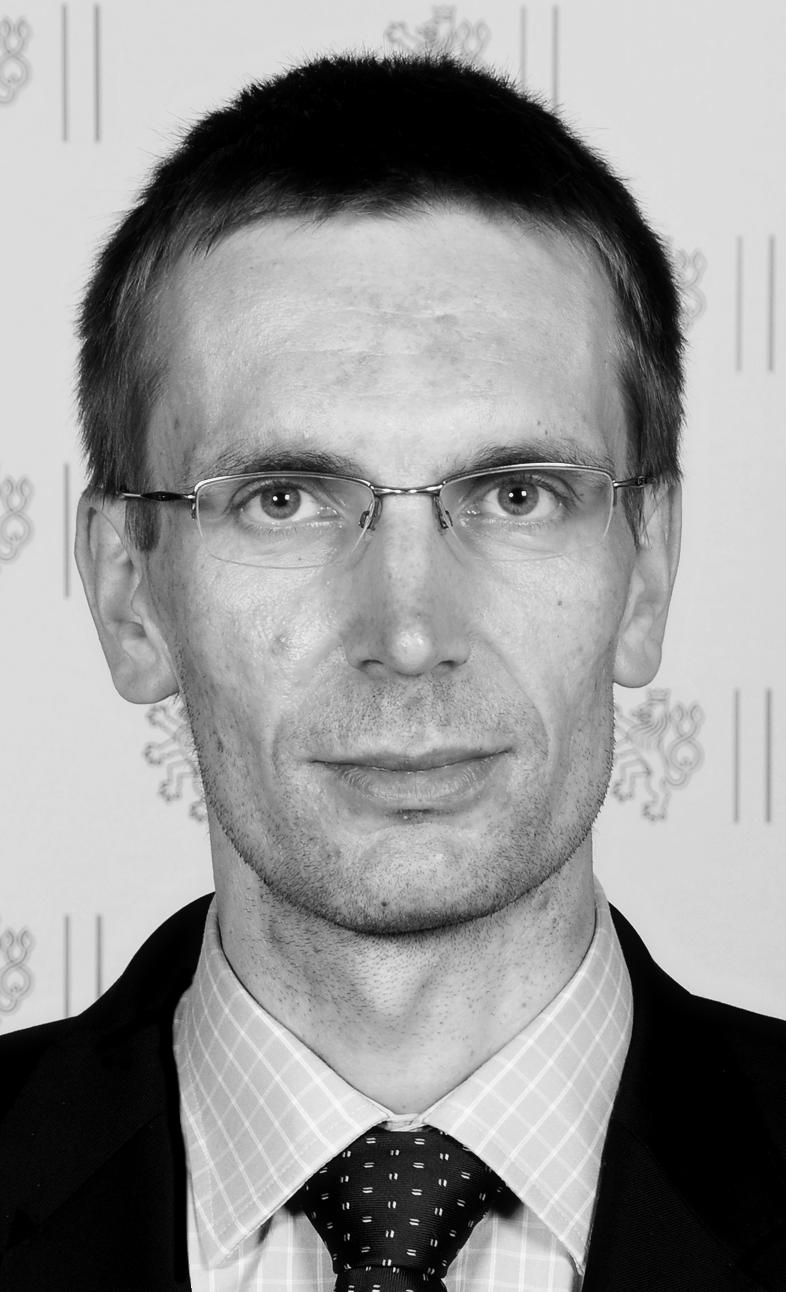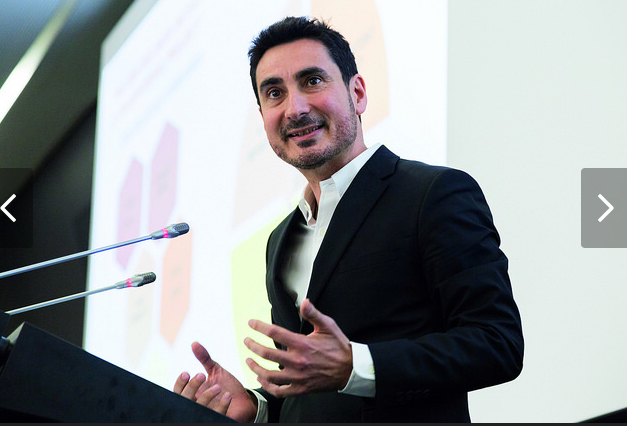Plenary Panel 2: Reinventing the Union (in Partnership with the European Fund for the Balkans)
Discussion Points:
- (Re)Nationalization, Europe of Regions, or United States of Europe – what is the (best) future for Europe?
- From Eurozone to Migration and European Security Council: Which area should be on the top of EU reform priority list?
- Recipe for a global power: Is it time to end the unanimity vote in EU’s foreign policy?
- What should be the priorities for the new EU Budget?
- What needs to happen for a U-turn on Brexit?
- What are the key trends and actors that are influencing the new design of the EU?
Background
The 2018 was welcomed as a window of opportunity for reinventing the EU through internal reforms. In the time of contested visions within Europe and persisting challenges the EU has been facing over the recent years, a united approach and new common vision, based on consensus and solidarity of EU member states, is needed more than ever. Nevertheless, inward looking politics, self-interests and lack of efficiency continue to shake the European structures. The challenge of migration seems to be here to stay, populist discourse is blending into mainstream, while progress in Brexit withdrawal deal is lagging behind, and growing uncertainty in transatlantic relations urges shifts among EU member states, to act more united and find a strategic way to deal with Trump, or priorities developing their own national connections with the USA.
From Eurozone to common defense policy, the list of areas contesting for the top of priority in the upcoming EU reform is wide. Following a meeting of two cabinets in Meseberg, Germany and France finally reached a partial deal on reforming the Eurozone towards a monetary union and support for a eurozone budget, albeit limited. The French promise to support Germany in finding a European solution to the migration issue resulted with an agreement in otherwise disappointing EU Summit in June 2018. The EU reform calls for brave, visionary leadership and decisive actions, yet by postponing crucial decisions this summit failed the expectations of “elaborating a ‘win-win package deal’ that would reflect the distinct interests and concerns of all member states”. While France continues to focus on deepening the EU integration among member states, strengthening the power of EU institutions and creating a two-speed Europe, Germany remains committed to a much softer approach, supporting the “minimalist version” of the French proposal.
The debate over the next EU Budget is opening another opportunity to debate the priority list for internal reforms in plan and issues in the EU’s focus. The Commission is said to want “a bigger budget for a smaller, more ambitious EU”, which raised eyebrows along with pressure in north of Europe, Austria, as well as among regional leaders. Among the topics for debate is the reform of the voting system in the Council of the EU, aiming to spread the majority vote in more areas. On the other hand, the UK’s exit will leave a hole of around 13 billion EUR annually in EU’s budget. The Multiannual Financial Framework (MFF) Reforming the Eurozone, changing the Dublin agreements, consolidating a common approach towards the migration, building a united reaction to rule of law backsliding in Poland and Hungary, or preparing for the Brexit doomsday – what should be among EU’s top priorities? The UK is set to leave the Union in March 2019 the latest, in case no withdrawal agreement has been reached.
On the other hand, the enlargement seems to be back on the EU’s agenda, although it is uncertain for how long it will manage to stay there due to more pressing issues on the EU agenda. The European Commission came out with a new EU strategy for the enlargement entitled “A credible enlargement perspective for and enhanced EU engagement with the Western Balkans” presented on the long awaited and Sofia summit. However, the strategy was welcomed critically, as it failed the hopes for a new Thessaloniki with credible promise and clear dates of membership for the WB countries. Meanwhile, the potential changes towards a two-speed Europe as a model of differentiated integration would have a profound impact on Enlargement Policy, and possibly accelerating the path to membership.
Finally, with populism becoming a new normalcy and unstable internal political dynamics in crucial EU member states, the 2019 European elections will certainly be one of the main topics in the following months. How will these new trends influence formation of the new European parliament? Despite multiple crises and continuous challenges over the past years, the new Eurobarometer survey offers some hope for optimism. The most recent results noted a slight rise in citizens’ trust and awareness of EU institutions, along with optimism about the future of the EU. However, with migration noted as the biggest concern at the EU level, and unemployment as greatest expectation from national governments, there is still much space left for improvements.
Selected Readings:
Meseberg Declaration, The Press and Information Office of the Federal Government, June 2018;
Annika Hedberg, The next EU budget: firmly rooted in the past?, European Policy Centre, May 2018;
Marie De Somer, Dublin and Schengen: A tale of two cities, European Policy Centre, June 2018.;
Previous BSF Sessions on Similar Topics:
BSF 2017
Plenary Panel 1: Quo Vadis, Europe? New Paradigm After Rome
Session 1: A Crisis of Values or Management: Migration in 2017
Plenary Panel 3: Democracy in Retreat: More Populism as the New Norm?
BSF 2016
Plenary panel 1: The Great Migration of our times? The Balkans piece in the European puzzle
Session 1: Democracy’s Responses to Populism and Internal Radicalization
Session 6: Europe and the New Silk Road: Opportunities at Home and Beyond
BSF 2015
Plenary Panel 4: Improving the European Model of Governance: Ways Forward
Session 6: Germany, the Reluctant Leader of Europe?
Academic Panel 1: Rethinking EU’s Foreign Policy
Academic Panel 2: The EU and Post-Soviet Space
Academic Panel 3: The EU and Western Balkans






